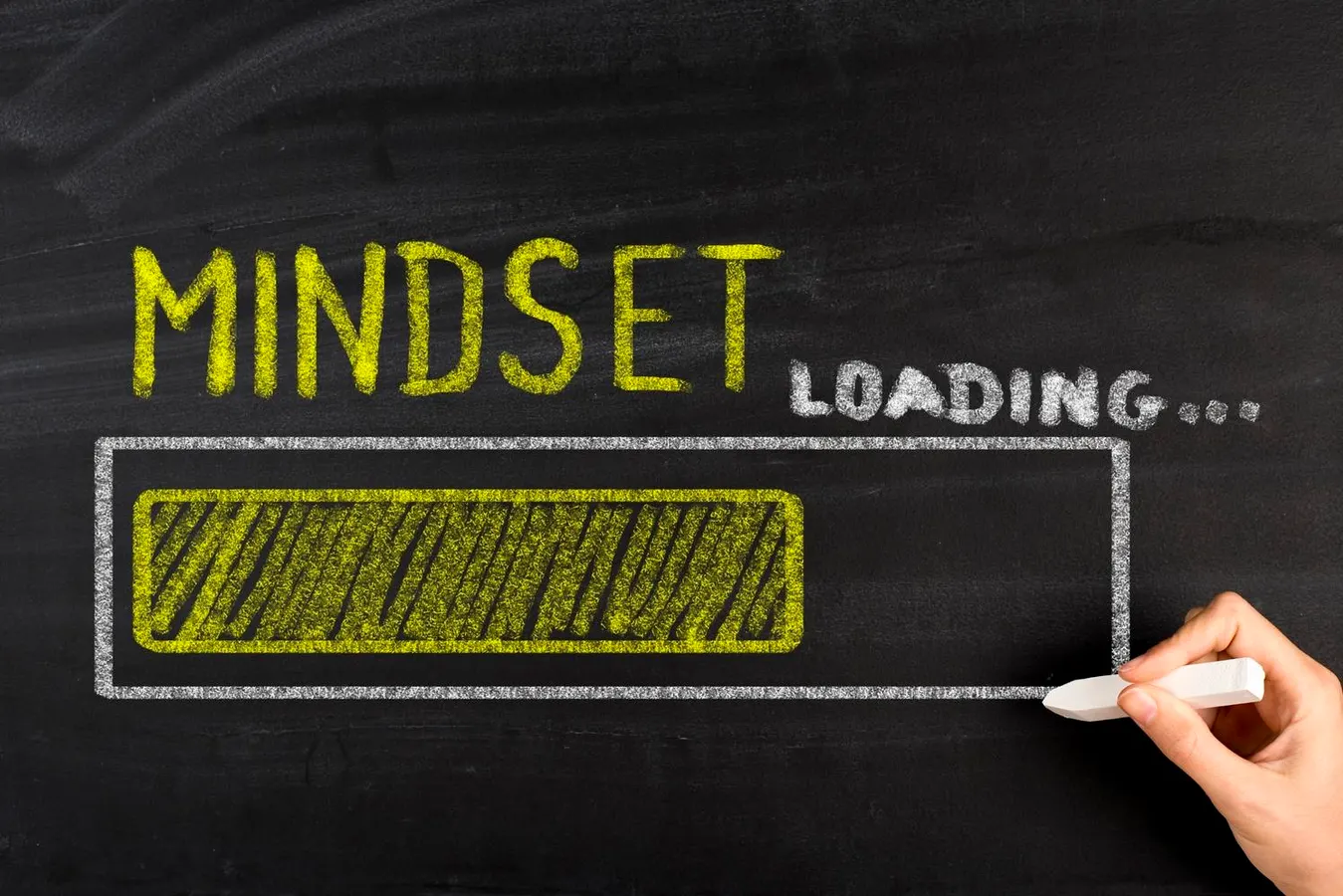Copyright forbes

As a leader in the workplace, by reshaping your own mindset, you can spark a culture of innovation that drives lasting value for years to come. Many of us are obsessed with innovation. We lionize the garage-based startups, the multi-billion-dollar unicorn valuations and shiny new tech like AI, quantum computing or the latest metaverse launch. As a society, we often erroneously equate innovation with invention. But while invention is about creating something new, innovation is about creating new value. And the most powerful, industry-toppling, disruptive innovations rarely begin with a new piece of technology. They begin with a new way of thinking. They start with a change in mindset. The technology is just the enabler. The mindset is the catalyst. Think about the biggest disruptions of the last two decades. Airbnb did not invent spare bedrooms, and Uber did not invent cars. They applied a mindset shift to established industries. The prevailing hotel mindset was, “We must own the assets. Our business is managing real estate.” Airbnb founders Brian Chesky and Joe Gebbia asked a different question: “What if the asset isn’t the room, but trust? What if we can unlock a global inventory of rooms that already exist?” What they figured out was not a tech problem, but a perspective problem. The platform they built was the result of that mindset shift, not the cause of it. What Is An ‘Innovation Mindset’? An innovation mindset is not some mystical gift. It is a cultivated set of attitudes and processes. At its core, it is a cocktail of three things: MORE FOR YOU Relentless Curiosity: The inability to accept “that’s just how it’s done.” Rather, it is the habit of asking “Why?" and “What if?” Why do we need to own DVDs? (Netflix). Why are rockets disposable? (SpaceX). Radical Empathy: This goes beyond customer surveys. This is the ability to deeply understand the unspoken needs, frictions and “jobs to be done” (a concept from the great Clay Christensen) for which a customer “hires” a product. A Bias for Experimentation: The comfort with being wrong. Notably, the understanding that innovation is not a linear path but a messy process of building, testing, learning and iterating. This mindset is what allows organizations to see opportunities where incumbents see only threats, or worse, nothing at all. Blockbuster saw Netflix as a niche mail-order service, not a fundamental shift in entertainment delivery. Why? Because Blockbuster’s mindset was rooted in physical real estate and late-fee revenue. Netflix’s mindset was rooted in on-demand access and customer experience. When streaming became possible, Netflix was primed to jump, even cannibalizing its own successful DVD business, because its core mindset was flexible. Mindset Change Starts With You To get to the point where you can create truly disruptive innovations, you need to start by looking at your own mindset. The story of Brian Goldstein, founder and co-host of “The Truth Hurts Show,” is a great example of how a mindset change can make a powerful difference. Goldstein grew up in a home rife with substance abuse and physical abuse. He was a special education student from sixth grade through college. Goldstein went from a mindset of not believing it was possible to be his own boss to adapting a more positive mindset, changing his perspective as he began his own businesses and eventually transitioning to the role of business coach and brand ambassador. Learning to overcome his own mental blocks was pivotal for Goldstein so that he could apply those same lessons in his work with other entrepreneurs. While not every founder will have to overcome these types of challenges, you may be putting your own mental roadblocks in place that are keeping you from taking meaningful steps toward innovation. Fear of the unknown, fear of failure, apathy or wariness toward new ideas can all make you resistant to change. Of course, a mindset change requires more than just recognizing potential roadblocks that are holding you back. As Scott D. Anthony writes in his book “Epic Disruptions,” cookbook icon Julia Child’s French cookbook was a classic example of disruptive innovation in making these recipes accessible to an American audience. But that disruptive career only came into being through Child’s traits of customer obsession, curiosity, collaboration, willingness to experiment and persistence. Tools That Support A Disruptive Innovation Mindset While mindset is foundational, it is not magic. Far beyond simply telling your team to “think outside the box,” today we have tools and frameworks that help individuals and organizations cultivate that mindset more systematically and successfully. Design Thinking encourages empathetic problem-solving by deeply understanding user needs before jumping to solutions. Companies like IDEO, IBM and SAP embed this into their innovation processes to unlock unconventional ideas that resonate with real human behavior. It is a highly effective system for converting human-centered insights into actionable ideas. Lean Startup methodology helps teams move fast and learn faster. By emphasizing experimentation, MVPs (minimum viable products) and validated learning, companies reduce the cost of failure and encourage risk-taking. Dropbox and Airbnb famously used these principles to test ideas before scaling them. It is also the antidote to analysis paralysis and multi-year “waterfall” projects. Agile and DevOps practices create a culture of responsiveness and iteration, which is essential in a fast-changing environment. When combined with cloud-native tools and AI-assisted development, the gap between idea and deployment continues to shrink. First Principles Thinking was popularized by Elon Musk. This is the ultimate tool for curiosity. It involves deconstructing a problem to its most fundamental, undeniable truths. Musk did not ask, “How can I build a cheaper rocket?” He asked, “What are rockets made of? Aluminum, copper, titanium. What is the spot price of those materials? The cost of raw materials was about 2% of the rocket’s price.” The only way to attack the other 98% was to reject the existing industry’s assumptions — chiefly, that rockets had to be single-use. Scenario Planning and Futures Thinking expand mental models beyond the immediate. Organizations like Shell and the World Economic Forum use these to imagine plausible future scenarios and build resilient, forward-leaning strategies today. But tools only get you so far. The real accelerator is a culture that rewards curiosity, tolerates intelligent failure and empowers diverse voices to challenge the status quo. Mindset For Innovation The exciting, disruptive ideas that we sometimes assume are inherent in startups and other organizations do not happen by accident. They depend on people who embrace the creativity, learning, growth and risk-taking that are integral in any innovative effort. By evaluating your own personal status quo, changing your mindset and then bringing that innovative culture to those you lead, you can position your organization to find opportunities for pioneering value every day. Editorial StandardsReprints & Permissions



